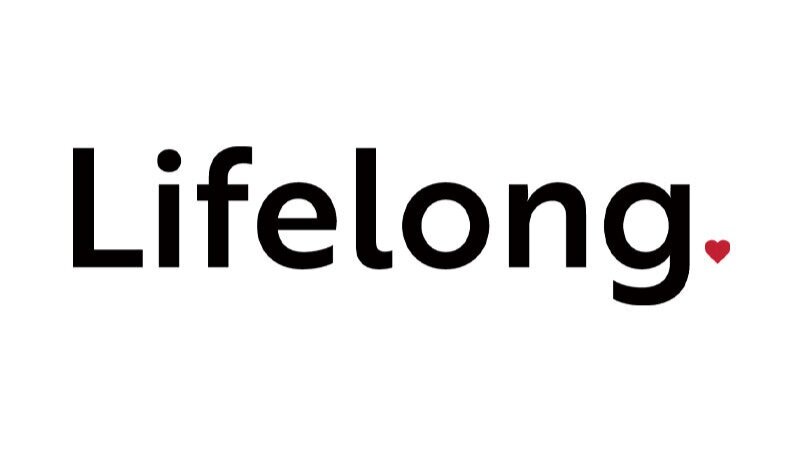Nearly 40 years ago, Lifelong was formed to meet the unmet needs of a marginalized community that was dying from a new, scary, contagious disease. They were being left behind and we stood up to the injustice.
Today, we are living in another global pandemic that’s seen health, social, and economic disparities exacerbated by COVID and the people who have been hit the hardest are Black, Indigenous, and people of color (BIPOC).
Even prior to this health crisis, our organization has been reexamining what our role is within the social service landscape and how we can continue to evolve based on the outrageous gaps in health outcomes that are dictated by systemic racism and poverty.
In the ‘80s, we served primarily gay, white men because that’s who was dying at a staggering rate. Lifelong is deeply rooted in the LGBTQ+ community and will never stop being fierce advocates for inclusive health care access for our HIV community, especially for trans individuals who are facing violence and higher rates of HIV.
Our organization has made pivots over the years in response to the communities most impacted by health inequities. In this vein, we expanded programs to serve people with multiple co-occurring disease states, cancers, congestive heart failure, addiction, and now COVID. Even changing our name from Lifelong AIDS Alliance to Lifelong: Health for All was to expand our work within these communities.
COVID shined an undeniable light on what has always been apparent but the disproportionate pandemic infection rates and death tolls of BIPOC individuals made it so no one could look away.
All systems in our country were built to further white supremacy, and despite huge steps forward, we are still operating within the inequities. Our mission is to help people knock down the barriers that keep them from achieving their best health. For BIPOC neighbors, these barriers are twice as heavy when paired with discrimination, increasing the impacts of poverty, homelessness, and food insecurity while living with serious illnesses like cancer, cardiovascular disease, kidney disease, and HIV.
The pandemic showed us that our diversity, equity, and inclusion (DEI) work is more crucial than ever. We must advance our agency, both internally and externally, to support the people in our community whose health and lives depend on us to dismantle these racist systems right here in Washington State.
“If you look at the data for HIV infections, which is similar to other illnesses, there’s a really stark contrast for people who are benefiting from accessing preventive care, getting critical health information, and receiving medical care in general, and the 10% of those who are not—it’s really along racial lines,” said Warren Leyh, Lifelong’s Director of Clinical Services.
Our journey toward inclusivity and justice will help us reach these 10% of people who are not benefiting from our current systems, but the work starts internally.
“If we want to really be making an impact for our BIPOC community, we need to do the work as a staff first so we can best support those people in a way that isn’t just retraumatizing. Every person at Lifelong has to be a part of this for it to work successfully too: from the person who answers the phone, to the client-facing staff, to the directors at the top. We all need to look at our biases to make a real difference and work together to hold ourselves and each other accountable.”
We’ve reevaluated and expanded our institutional goals to ensure inclusion and equity are lenses through which we make every decision.
For the first six months of 2022, Lifelong is partnering with African Americans Reach & Teach Health for semi-monthly trainings as well, where we are prioritizing our DEI work together in our fight for health equity because we know that health for all cannot be achieved until we help create equal health access for our BIPOC neighbors.
This Black History Month and beyond, we must all do our part to build an anti-racist future that benefits, uplifts, and advances the health and lives of Black, Indigenous, and people of color.

